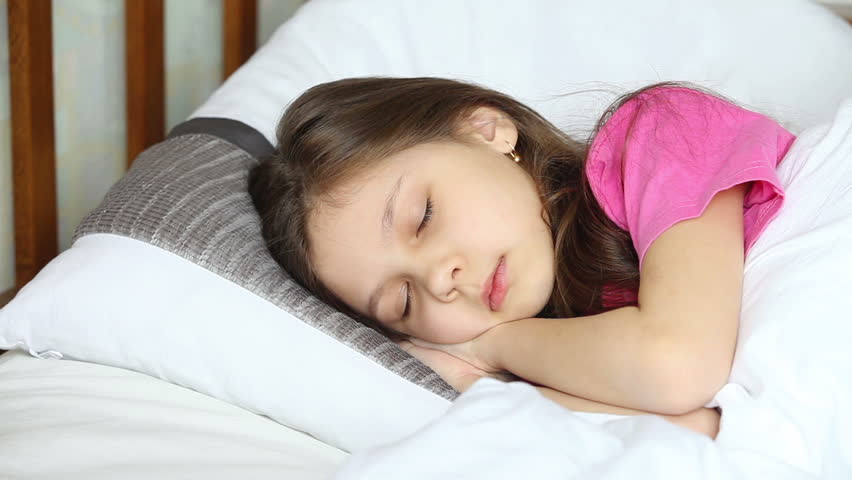Bhubaneswar: Sleep plays a very important role in the overall health and well-being of an individual. Getting good quality sleep has many benefits. When we sleep, our bodies rest; conserving energy and decreasing blood pressure, heart rate, breathing and body temperature. Simultaneously, our brains remain active, laying down memory, restoring daytime mental functioning and carrying out processes that lead to physical growth.
Good sleep boosts physical and mental health, quality of life, personal safe and gives peace of mind. On an average, every individual needs 7-9 hours of daily sleep.
However, the perils of everyday life, stress, tension and work pressure tends to take a toll on our sleeping patterns. Research has revealed that more and more people are getting affected by sleeplessness and exhaustion caused due to lack of rest and sleep.
Here are a few simple tips which you can follow for a sound nap at night
- No To Coffee Late In The Day

Coffee contains caffeine which has numerous benefits. However, if consumed late in the day, the stimulation of your nervous system may stop your body from naturally relaxing at night. Study has proven that consumption of caffeine up to six hours before bed significantly worsened sleep quality. Therefore, drinking large amounts of coffee after 3-4 p.m. is not recommended, especially if you are caffeine sensitive or have trouble sleeping.
- Refrain From Long Daytime Naps

While short power naps in the day have been proven beneficial, long or irregular napping during daytime can negatively impact sleep. Sleeping in the daytime can confuse your internal body clock and you may struggle to sleep at night. Studies have shown that those who take regular daytime naps for long hours suffer from poor quality or disrupted sleep at night.
- Sleep On Time & Wake Up On Time

The human body’s circadian rhythm functions on a pre-defined loop, syncing itself with sunrise and sunset. Being consistent with your sleep and waking times can help improve sleep quality. One study found those who had irregular sleeping patterns and went to bed late on the weekends reported poor sleep.
- Hot Water Shower Before Hitting The Bed

This one is a popular method to boost sleep. Taking a hot bath 90 minutes before bed improved sleep quality and helped participants get greater amounts of deep sleep. However, if you are prone to catch cold after a night shower, dipping your feet in a tumbler of lukewarm water will work wonders for your sleep.
- Avoid Liquid Intake Before Hitting The Bed

Nocturia is the medical term for excessive urination during the night. It affects sleep quality and daytime energy. This is the reason one should avoid drinking too much fluid before going to bed at night. One should use the bathroom before going to bed so that chances of waking up at night are reduced.
- Take Care Of Bedroom Environment

Different aspects of your bedroom like temperature, noise, furniture choice and arrangement, external lights, etc have the tendency to affect your sleep. Always try to harmonise your bedroom by minimizing external noise, light and artificial lights from devices like alarm clocks. Make sure your bedroom is a quiet, relaxing and a clean place.
- Avoid Eating Late

Late-night eating may negatively impact both sleep quality and the natural release of growth hormone and melatonin. Hence one should avoid eating late if he wishes to improve his night sleep.
- Mental Relaxation

Mental Relaxation techniques before bed have been shown to improve sleep quality and prevent insomnia. Deep breathing, meditation, reading a book or listening to soothing music can be very effective in improving sleep.
Also Read: Lesser Known Historical Places Of Silver City Cuttack




 Ms Kalinga
Ms Kalinga